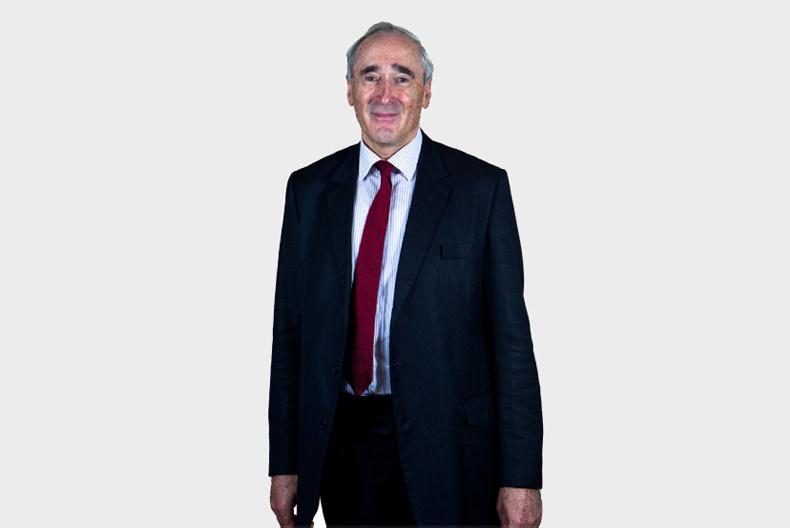One of the few positive outcomes of the UK decision to leave the EU has been the realisation among the Irish people that this is an organisation we must stick with. This attitude is shown to be overwhelming in a recent survey of Irish opinion.
In an outstanding recent article in The Irish Times, Prof Kevin O’Rourke of Trinity College Dublin and Oxford University records the facts – the development of Ireland before EEC entry in the period 1954 to 1973 and since becoming a member in 1973 up to 2001. In the first period of agricultural and effectively economic dependence on Britain, our growth rate in income was among the lowest of all the 20 main countries surveyed.
In the 1973-2001 period, our growth rate was the highest and at this stage, our income per head is now among the highest.
Of course, there are things in Ireland and Europe that could be done better. Our housing problems for instance – but they are linked with a 14% increase in the population in Ireland because of economic progress over the last 10 years. But to get back to Brexit.
There are lots of examples of arrangements the EU has with third countries but none of them have a blanket deal for agriculture. A good example is the recent Canadian deal where specific quantities are laid down in the sensitive beef and dairy sectors. The suggestion is the Norwegian, Swiss or Turkish arrangement have interesting possibilities but none has a real agricultural dimension.
The UK has promised a special paper on agriculture but it was with astonishment that I listened to the previous agriculture secretary, Andrea Leadsom, declare it was up to the agricultural ministers to agree new arrangements with Britain. Nothing could be further from the truth and it’s quite clear Commissioner Michel Barnier and his team are doing the negotiating and the final deal with them will be ratified by heads of government and the European Parliament.
From an Irish point of view, leaving out the complexities of the border, there is still no indication of what barriers, technical or financial, will apply to Irish beef and dairy products going on the British market nor what arrangements will apply to imports from third countries such as Brazil or the US. Hopefully the proposed transitional period will last sufficiently long for a sensible solution to emerge.
Read more
Full coverage: Brexit
One of the few positive outcomes of the UK decision to leave the EU has been the realisation among the Irish people that this is an organisation we must stick with. This attitude is shown to be overwhelming in a recent survey of Irish opinion.
In an outstanding recent article in The Irish Times, Prof Kevin O’Rourke of Trinity College Dublin and Oxford University records the facts – the development of Ireland before EEC entry in the period 1954 to 1973 and since becoming a member in 1973 up to 2001. In the first period of agricultural and effectively economic dependence on Britain, our growth rate in income was among the lowest of all the 20 main countries surveyed.
In the 1973-2001 period, our growth rate was the highest and at this stage, our income per head is now among the highest.
Of course, there are things in Ireland and Europe that could be done better. Our housing problems for instance – but they are linked with a 14% increase in the population in Ireland because of economic progress over the last 10 years. But to get back to Brexit.
There are lots of examples of arrangements the EU has with third countries but none of them have a blanket deal for agriculture. A good example is the recent Canadian deal where specific quantities are laid down in the sensitive beef and dairy sectors. The suggestion is the Norwegian, Swiss or Turkish arrangement have interesting possibilities but none has a real agricultural dimension.
The UK has promised a special paper on agriculture but it was with astonishment that I listened to the previous agriculture secretary, Andrea Leadsom, declare it was up to the agricultural ministers to agree new arrangements with Britain. Nothing could be further from the truth and it’s quite clear Commissioner Michel Barnier and his team are doing the negotiating and the final deal with them will be ratified by heads of government and the European Parliament.
From an Irish point of view, leaving out the complexities of the border, there is still no indication of what barriers, technical or financial, will apply to Irish beef and dairy products going on the British market nor what arrangements will apply to imports from third countries such as Brazil or the US. Hopefully the proposed transitional period will last sufficiently long for a sensible solution to emerge.
Read more
Full coverage: Brexit









SHARING OPTIONS